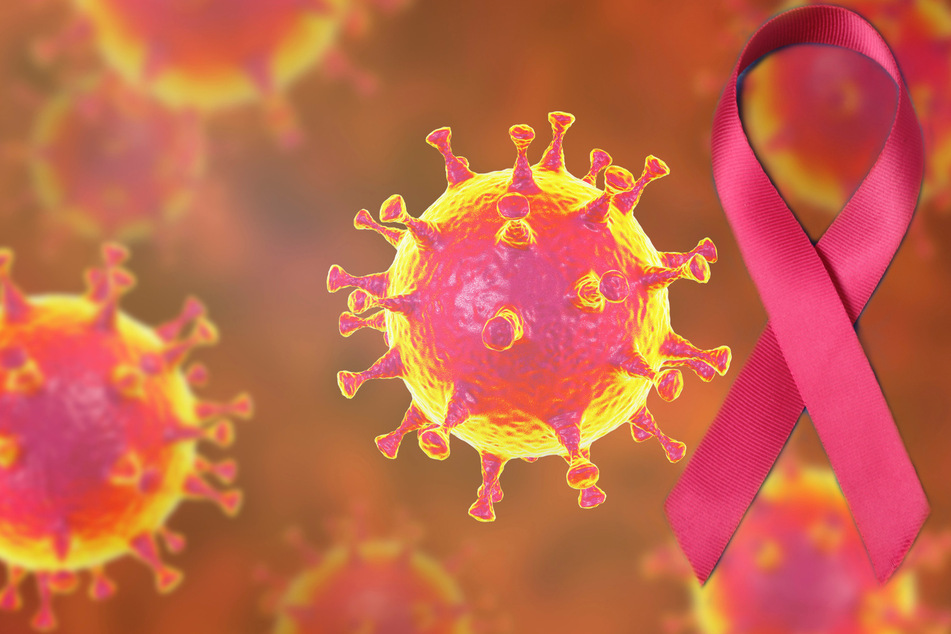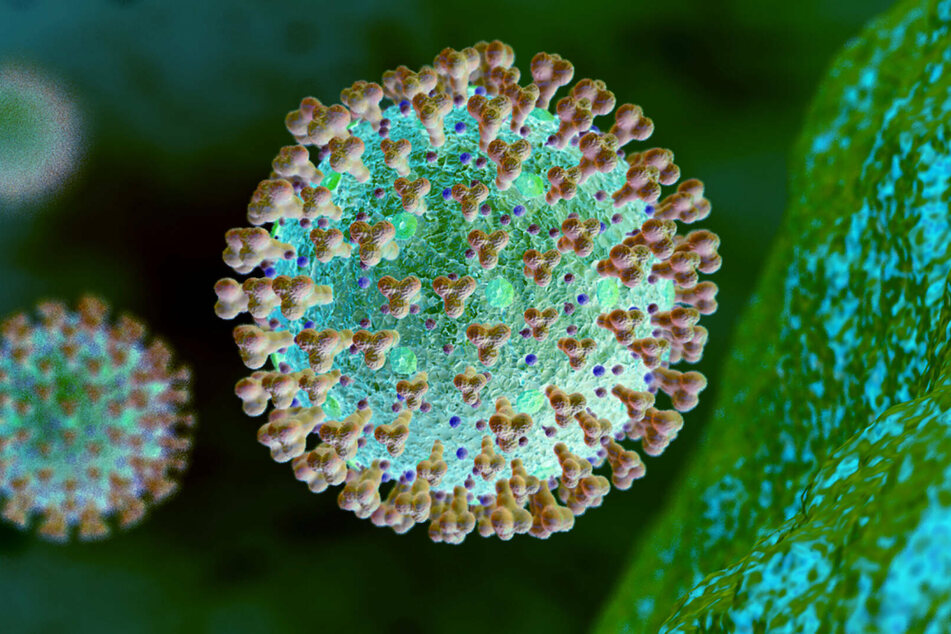Omicron evolution may be another sign of pandemic's damaging effect on fight against HIV
Geneva, Switzerland - The Covid-19 pandemic has had dramatic consequences for HIV containment, with human and financial resources diverted, prevention programs compromised, and supply changes disrupted. And there's already some evidence that the interplay between the two diseases is contributing to the emergence of new variants.

Even before the outbreak of the coronavirus pandemic, the fight against HIV/AIDS was progressing too slowly worldwide, the UN program UNAIDS and other aid organizations warned at a news conference on Friday.
According to UNAIDS, people infected with HIV have twice the risk of dying from Covid-19 compared to the general population. However, most people living with HIV still do not have access to vaccines against the coronavirus.
Two-thirds of all people with HIV live in sub-Saharan Africa, where only 3% of the population has received at least one Covid-19 jab by mid-year.
"Covid-19 has been the most significant setback in the fight against HIV," said the executive director of the Global Fund to Fight AIDS, Tuberculosis and Malaria, Peter Sands.
According to the Global Fund, HIV testing dropped by 22%, holding back HIV treatment initiation in most countries, while the number of people reached with HIV prevention programs and services declined by 11%.
The pandemic also had a "devastating impact" on the fight against tuberculosis (TB). In 2020, the number of people treated for drug-resistant TB in the countries where the Global Fund invests dropped by 19%.
AIDS as an "evolutionary training gym" for Covid

As concern over the new Omicron variant of Covid-19 continues to grow, there's already some scientific evidence that these more virulent dangerous strains emerge in people with severely weakened immune systems – a trademark of HIV infection.
Scientists told the Telegraph that they believe the mutations in Omicron came about as a result of a chronic Covid-19 infection in an immunocompromised patient.
Although much more research is needed to confirm the theory, the unusual evolution of the new variant suggests it had plenty of time in a host whose immune system could not kill it off – an "evolutionary training gym" of sorts in which to become a "fitter" form of the virus.
University of Cambridge Professor Sharon Peacock told the paper that Omicron "may have evolved in someone who was infected but could then not clear the virus, giving the virus the chance to genetically evolve."
According to the HIV and AIDS charity AVERT, South Africa has the biggest HIV epidemic in the world, with over 7.5 million people living with the virus. Less than three quarters of them have access to effective treatment.
Cover photo: Collage: 123RF/drmicrobe & freeman83

